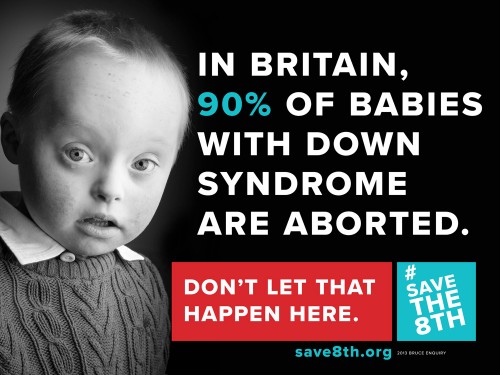Leading experts have told an Oireachtas committee they are “unequivocally opposed” to Government plans to set the digital age of consent at 13, and warned that the State faces “a tsunami” of cases of child abuse and exploitation over the internet.
Dr Mary Aiken, an adviser to the European Cyber Crime Centre at Europol, addressed the Oireachtas Joint Committee on Children and Youth Affairs on Tuesday alongside Prof Barry O’Sullivan, who is director of the Insight Centre for Data Analytics at UCC.
The committee meeting comes weeks after Dublin man Matthew Horan was sentenced to nine and a half years in prison for blackmailing young girls into sending him sexually graphic photos and videos.
After hearing of the “pernicious effect” that social media can have on the self-esteem of children, the committee also discussed the digital age of consent, whereby children may use many websites and social media platforms without requiring the consent of their parents. While the Government’s Data Protection Bill 2018 would enshrine an Irish digital age of consent at 13 years old, both experts said they were “unequivocally opposed” to the proposal.
“You can’t buy a dog licence at 13, but we could have a situation in May where kids can sign up to a system and give a social media company access to their information, including the likes of family photos,” said Prof O’Sullivan. “Companies can collect, record and share a child’s home and school address, their location, their date of birth, their photos, phone number, their likes and dislikes, who they know, and the content of their conversations, including messages sent privately. Not only does this present a security risk to the individual child but, by association, it also presents risk to the family.” Both experts said an optimum digital age of consent would be 16-years-old, and that “robust age verification” online was “critical”.
A host of children’s rights organisations previously backed setting the age at the minimum possible for EU law, 13 years of age, including the Ombudsman for Children, Dr Niall Muldoon, the special rapporteur for child protection, Dr Geoffrey Shannon, the Children’s Rights Alliance and the youth information website SpunOut.ie.



















